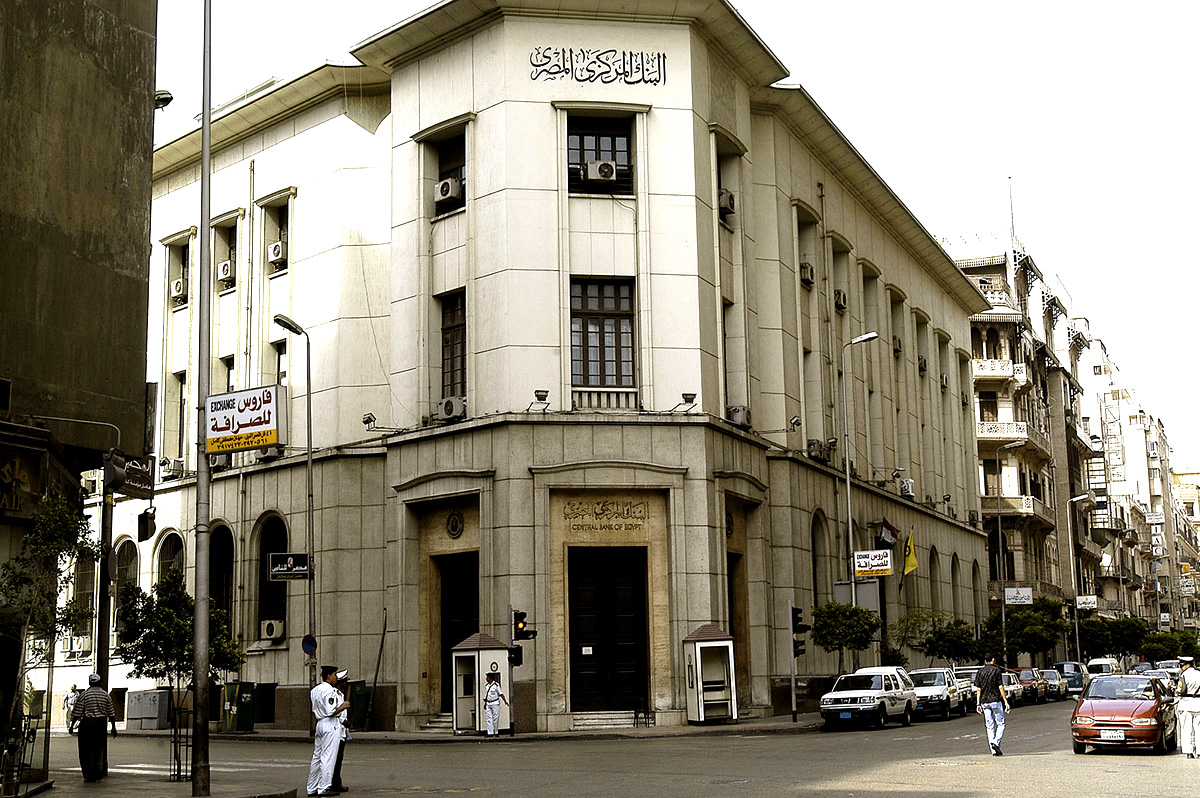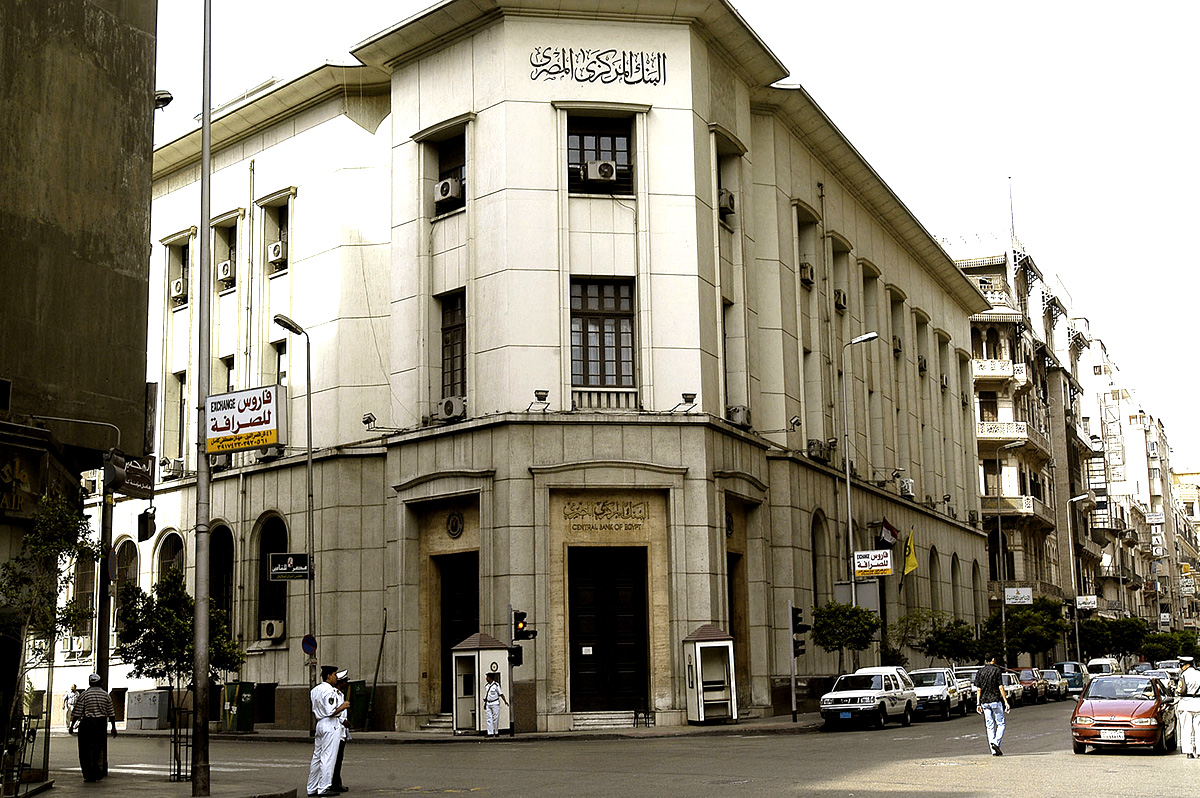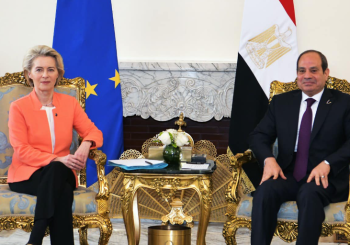
The financial crisis in Egypt is over, the Gross Domestic Product (GDP) in 2017 has significantly jumped compared to 2016 and the prices will fall in 2018, governor of the Central Bank of Egypt (CBE) Tarek Amer stated on Wednesday during a press conference.
Amer said the prices will drop and get back to its normal rate before the flotation. Analysts revealed that the prices have jumped to doubles and triples following the liberation of the Egyptian pound against foreign currencies, subsidies have been reduced on oil products and electricity, and subsidies on oil products may be completely removed within three years. The price hikes have nearly hit all products and services.
He further added that this growth was unexpected, and it has been achieved with no restrictions on the flow of foreign currency.
“The imports have dropped from $US 4.3 billion to $US 3.8 billion, and the GDP growth is now showing good signs to start exporting,” added Amer.
The International Monetary Fund (IMF) is encouraged by the courageous economic reform program undertaken by Egypt and what has been achieved so far. Amer said the IMF’s statements on Egypt is big, and the budget is under control.
The government deals with the problem from a different perspective that tackles the two markets of the currency, the formal and black markets, Economic expert Ebrahim Al-Ghitany told Egyptian Streets.
“According to the government, the financial crisis is over. There is only one market now, the formal market, and the black market has been limited to a great extent. However, the entire crisis cannot only be limited to this aspect,” Al-Ghitany said.
He went on to say that the formal market hasn’t yet been subject to a real test. There are ongoing restrictions on imports as they are limited to basic commodities and medicines. Also, the government has put limits on debit and credit card purchases and ATM withdrawals abroad, so restrictions are still imposed.
“The real test is when the liberation process is thorough, with no restrictions on imports and no limitations whatsoever. If a complete liberation of currency is undertaken now, there may be negative repercussions on currency markets” adds Al-Ghitany.
In a different context, Al-Ghitany discussed the value of the currency, which is the main focus of citizens. He said that $US 1 is worth about EGP 17.5-18, and if it reached EGP14-15, that will be a significant progress to stand in the face of inflation that has reached 32 percent.
“The crisis has been solved to some extent, but several other reforms and measures need to be taken,” Al-Ghitany continued.
Regarding Amer’s comments on the prices that will return to its previous rates prior to the floatation, Al-Ghitany said the prices originally rose due to the economic reforms and general price increases that encompassed electricity and transportation. He added that prices of electricity and oil are expected to rise again in July.
“The market prices depend on these pricing measures. The currency may witness improvement in the face of the US dollar, but still, it may be worth EGP15-17, hence the prices won’t significantly fall. The market will take considerable time to adapt to the change in prices,” Al-Ghitany concluded.
In November 2016, the CBE announced the floatation of the currency against all foreign currencies as part of the economic reform program undertaken by Egypt to receive a $US 12 billion loan from IMF. The flotation decision aimed to curb the black market.







Comments (3)
[…] May 2017, the governor of Central Bank of Egypt (CBE) Tarek Amer announced that the Gross Domestic Product (GDP) has jumped to high rates in 2017 in comparison with 2016, […]
[…] Economic Expert Ebrahim Al-Ghitany commented to Egyptian Streets on Amer’s statements, stressing that the crisis will officially be over […]